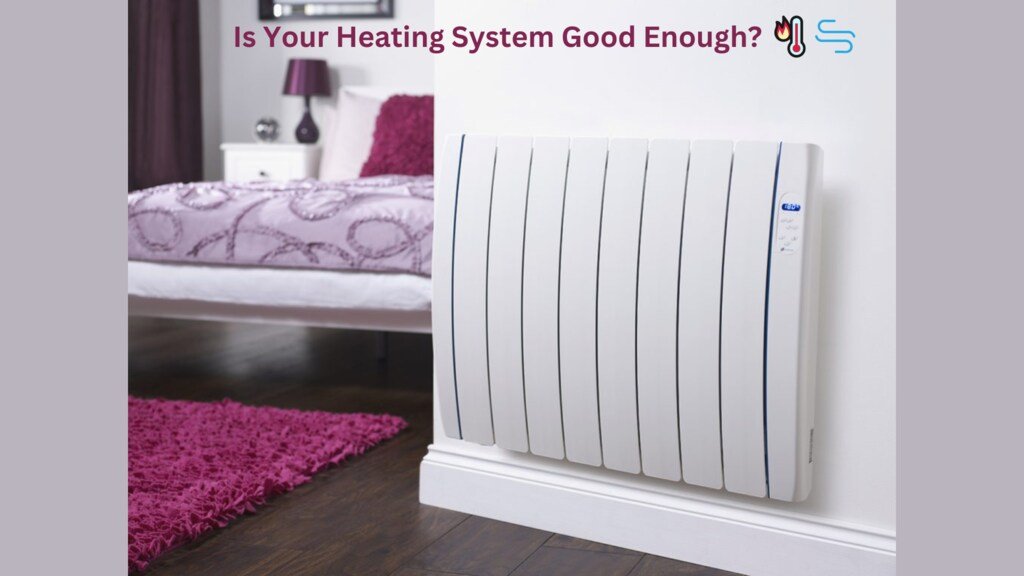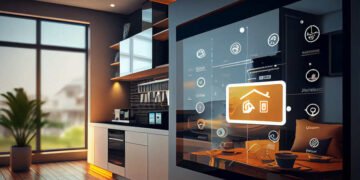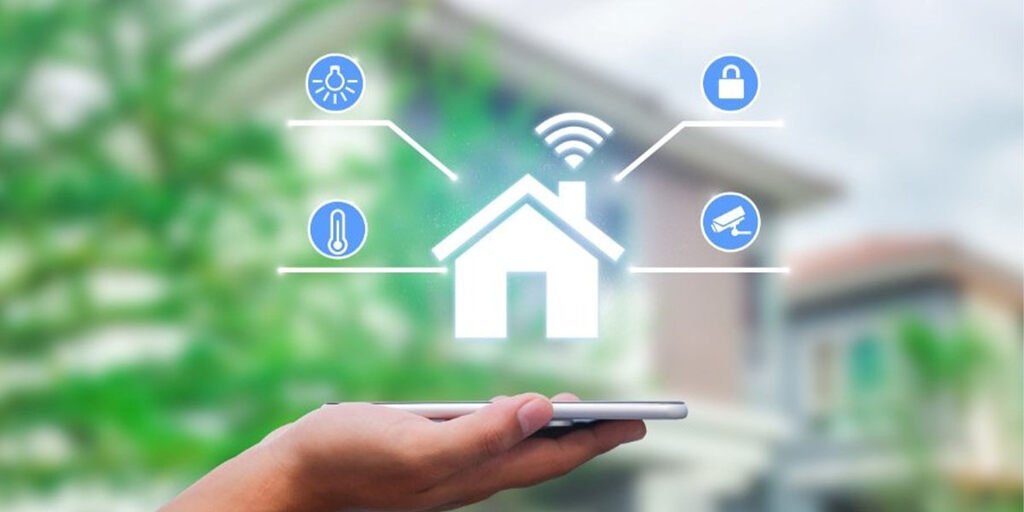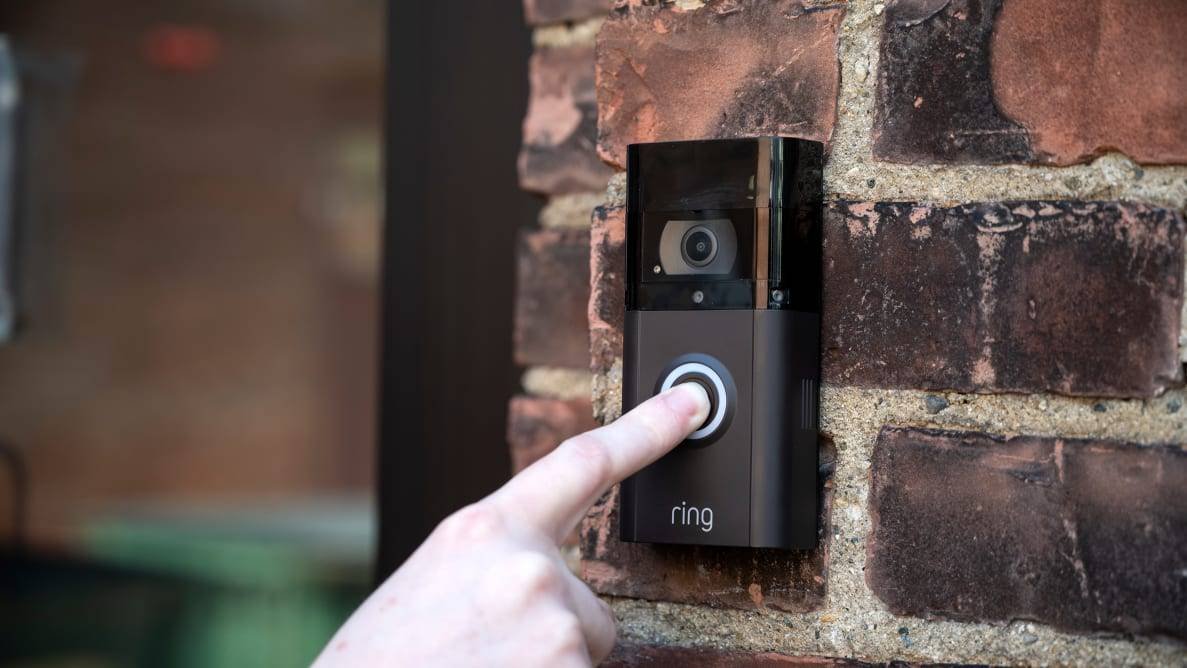After the pandemic, people have become sensitive about the air around them. Because of that, they care heavily about the HVAC, Heating, and Indoor Air Quality nowadays. While your HVAC and heating system can surely help you, they can also harm you in so many ways.
Not only can it reduce indoor air quality, but it can also affect your daily life with viral and seasonal diseases. The Covid-19 pandemic has already severed our connection with the outside world. Now, if your indoors are not safe as well, there’s no option for you to be well in this visceral world.
So, you should definitely know about the impact of heating technologies on your indoor air quality.
In What Ways Does the Heating Affect IAQ?
Heating technology can trap too much dry air in your indoors that can cause allergies. Excessive heating can also contaminate the air with foreign materials such as pollen, dry skin and more. Below you will find all the different way in which your heating system can reduce your indoor air quality-
Indoor Heating Can Increase Dry Air & Allergies
When the heat is turned on, the air in your home becomes drier because warm air can hold more moisture than cold air. As a result, the humidity levels in your home can drop significantly, making the air feel dry and causing dry skin, itchy eyes, and dry nasal passages.
Low humidity levels can also cause respiratory problems, such as exacerbating existing allergies or triggering asthma symptoms. This is because the dry air can irritate the lining of the respiratory system, causing inflammation and making it easier for allergens to enter the body.
Old Filters Can Contaminate the Indoor Air
If you ever thought that your heating filters and pumps can’t reduce your IAQ, then think again! A very common misconception about indoor air quality and heating technologies is that your filters can only increase the good air particles in your home.
However, most houses have very old and ancient filters that actually harm the air quality with increasing CO2, VOC, and other deadly particles.
Damaged Ducts Will Make Your Indoors Vulnerable
Your heat pumps and air ducts dissipate a good amount of heat from your house. But what if those were damaged or leaked? In such unfortunate situations, your heating system will cause more harm than good.
Any rodent animal can infiltrate your house using those ducts and make your house a living nightmare. If one of those creatures contaminates your heating system, it is very hard to get those contamination and smell out.
Heating Inefficiency Can Cause Imbalanced Humidity
As mentioned before, if you heat your home too much, it can backfire. The same thing can also happen even if you’re careful about the heat. Heating technology is advancing gradually but they still have enough inefficiencies.
Because of that, you can encounter imbalanced humidity which can cause severe consequences. More heat can generate a medium for bacteria, fungus, viruses to grow effectively and reduce the air quality in your home.
How to Solve Such Heating Issues to Improve Air Quality?
Troubleshooting common heater problems and solutions is not that hard to be honest. If you’re careful enough then you don’t really have to think too much about your HVAC or heating system. So, here are the common troubleshooting methods you can adopt to improve your IAQ-
Using Efficient HVAC System
While there is no scarcity of HVAC solutions out there, not all are efficient enough. Depending on your house’s size, interior, and structure, the HVAC system can be both too inadequate or overbearing.
Moreover, if the HVAC system is not power efficient, it can also increase your monthly bill! Who wants an extra bill without getting any benefits right? So, consult an HVAC expert to assess whether your home has a proper heating system or not.
If the result is negative, then it’s high time to change your heating system. Otherwise, there’s no escaping poor indoor air quality.
Regularly Changing the Filters
Heating system is one thing but those pesky HVAC filters? Well, those can be real nuisance when you just don’t want to deal with them. However, you can’t not just leave them on their own.
Changing HVAC filters every 90 days or 3 months is best for your house if you want good air quality. Old filters lose their effectiveness and as a result, you will see dirt, contamination, hair, and dust in the filters.
If those rotten filters are not replaced properly, they can easily cause allergies, and other health defects. So, always make sure to change the air filters properly.
Changing Old Ducts & Units
Do you still have your old furnace unit that ages back 10 years or more? If that’s the case, it’s better for you to get it changed. While the ducts and units may seem okay to the naked eye, the circulating air it flows, never gets properly cleaned and replaced.
On top of that, you will notice changed indoor air quality compared to houses that adopt newer heating technologies. Whether you use a furnace, heat pump or boiler, you should definitely change the heating systems if they have become old and obsolete.
Newer heating technologies not only improves your indoor air quality, it also elevates your way of life!
Final Words
To conclude everything, your home heating technology directly affects the quality of your indoor air. It can be your furnace, thermostat or heat pumps that can either make or break your house environment.
So, try to follow the troubleshooting and maintenance for your heating techs so that you can enjoy a good breathable air in your home!
Recommended Posts:














